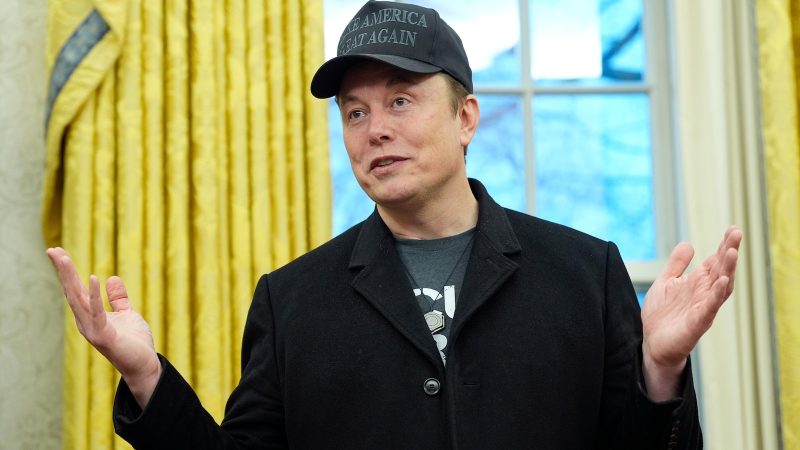
A federal appeals court recently rejected Elon Musk’s Department of Government Efficiency’s (DOGE) appeal to access sensitive Social Security data. The court upheld a lower court’s ruling that restricts DOGE’s access to personal information belonging to millions of Americans. This decision comes after a lawsuit filed by labor unions and retirees who raised concerns about privacy violations and potential security risks.
The 4th U.S. Circuit Court of Appeals, in a 9-6 vote, decided to maintain the restrictions imposed by U.S. District Judge Ellen Hollander. Judge Hollander’s preliminary injunction allows DOGE staff access only to redacted, anonymized data, but only after undergoing rigorous training and background checks. Furthermore, the injunction mandates the purging of any non-anonymized data already obtained and prohibits DOGE from altering the Social Security Administration’s computer code.
DOGE’s legal team argued that anonymizing the data would create an undue burden and hinder the Trump administration’s efforts to combat Social Security fraud. However, the appeals court majority, in an opinion written by Judge Robert B. King, disagreed. Judge King emphasized the extreme sensitivity of the information contained within Social Security systems, including family court records, medical and mental health data, and financial information. He stated that DOGE’s request for “immediate and unfettered access” to such sensitive personal data was unacceptable.
Judge Julius Richardson, dissenting, argued that the case should have been handled by a smaller three-judge panel instead of the full court. He also pointed out that the plaintiffs haven’t provided evidence that DOGE has actually accessed any personal information, focusing instead on the potential for “abstract harm.”
This ruling signifies a significant victory for privacy advocates and raises important questions about government access to sensitive personal data. The legal battle is far from over, as DOGE plans to continue its appeal. The implications of this case extend far beyond the immediate parties involved, setting a crucial precedent for future discussions about data privacy and government oversight.










